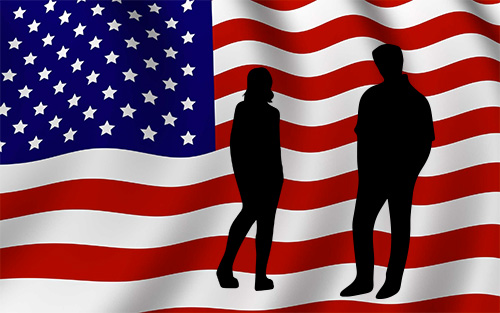Asian American advocate groups recognized the fourth anniversary of the Deferred Action for Childhood Arrivals (DACA) program this week.
“It is important to recognize DACA because this program has given many young Asian Americans and Pacific Islanders a new lease on life,” said Leslie Moe-Kaiser, national president of Organization of Chinese Americans. “DACA is an incredible opportunity for talented undocumented immigrants to attain an education and contribute to the country they call home.”
DACA, which President Barack Obama created four years ago, is an immigration program that helps undocumented individuals who were brought to the United States when they were children. The program provides temporary work authorization for these individuals, and includes a large number of Asians.
The Asian American population is the fastest-growing immigration group in the United States, with well over 1 million unauthorized immigrants – of which about 160,000 are eligible for DACA. Yet, there is a low rate of Asian applications for DACA. The Asian application rate runs at about 20 percent, compared to a 91 percent application rate for Latino immigrants.
“DACA has been and will continue to be an effective form of relief for undocumented youth, this has not changed,” Moe-Kaiser said. “The harder we push to outreach, the greater chance the program will have to be effective for our communities.”
In a media roundtable held last month, Asian American advocacy groups discussed DACA and its implications for Asian Americans.
“While AAPI community members may face barriers to applying such as fear, stigma, and a lack of awareness, it is also important that we are aware of the positive impact DACA can have,” said Senior Policy Advisor Reva Gupta of the White House Initiative on Asian Americans and Pacific Islanders (WHIAAPI), who housed the event. She presented data that showed a 45 percent wage increase for DACA applicants.
The groups, which included New America Media and Asian Americans Advancing Justice (AAAJ), held the discussion to provide the AAPI community with resources to help them make educated decisions on DACA.
Aman Thind of AAAJ said that “it is our goal to get the community information and services for any protection they qualify for, so we can keep families together.”
In July, plans to extend the program to younger people and their parents were put into effect. These plans have been put on hold by a non-decision in the Supreme Court last month.







